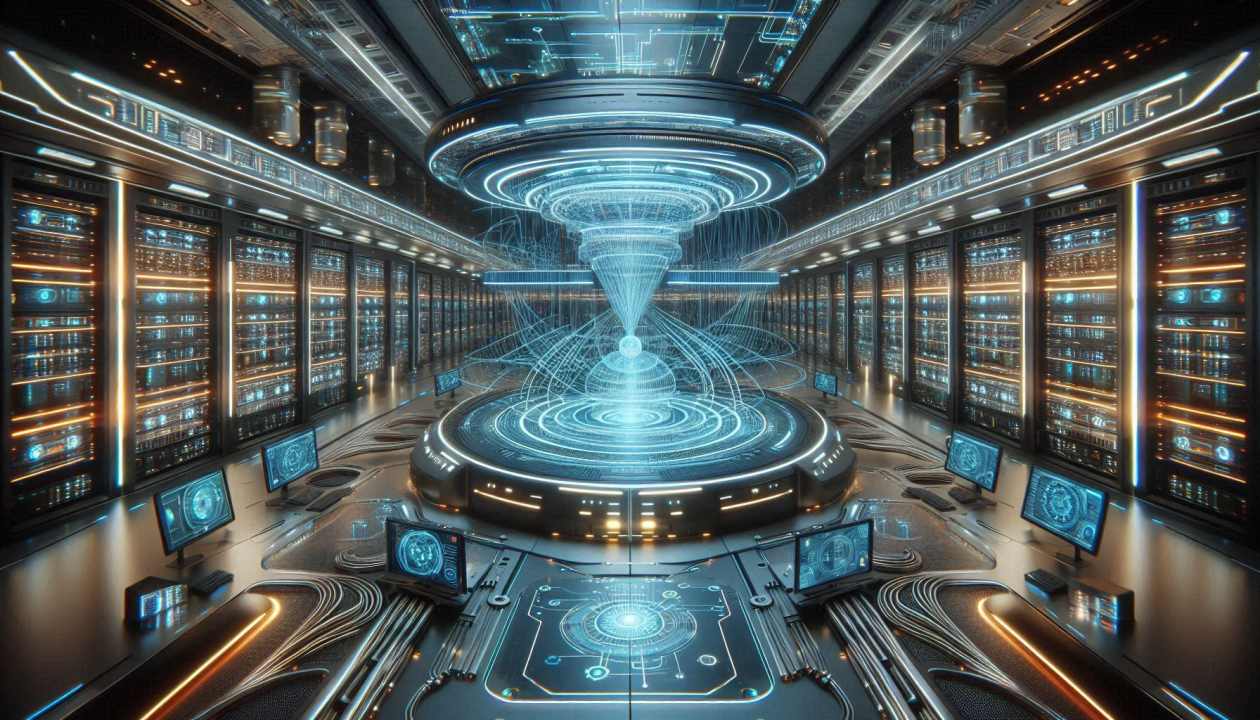As the industrial landscape evolves, the integration of AI for manufacturing inspection is becoming increasingly significant. This technology is not just a trend but a fundamental shift in how industries operate and maintain quality standards.
The implementation of AI for manufacturing inspection can revolutionize the way quality control processes are conducted, offering enhanced efficiency and precision. By leveraging advanced algorithms and machine learning models, manufacturers can detect defects, ensure product quality, and reduce waste.

Understanding AI in Manufacturing
AI technologies are transforming manufacturing by enabling machines to perform tasks that traditionally required human intelligence. This includes visual inspections, predictive maintenance, and real-time data analysis.
The Role of AI in Quality Control
In the realm of quality control, AI facilitates the identification of defects with high accuracy. It reduces human error, speeds up the inspection process, and ensures consistent quality.
Advantages of AI for Manufacturing Inspection
Implementing AI in inspection processes offers numerous benefits, such as increased productivity, reduced costs, and enhanced product quality. These advantages are crucial for maintaining competitiveness in the global market.
Precision and Accuracy
One of the most significant benefits of AI is its ability to perform precise and accurate inspections. AI systems can detect minute defects that are often missed by the human eye.
Cost Reduction
By automating the inspection process, manufacturers can significantly reduce labor costs and minimize the expenses associated with product recalls and rework.
Applications of AI in Manufacturing Inspection
The applications of AI in manufacturing inspection are vast and varied, ranging from visual inspections to predictive maintenance and beyond.
Visual Inspection Systems
AI-powered visual inspection systems utilize computer vision to analyze images and detect defects in real-time. These systems are ideal for industries where precision is paramount, such as electronics and automotive manufacturing.
Predictive Maintenance
AI enables predictive maintenance by analyzing data to predict equipment failures before they occur, thus preventing costly downtimes.
Challenges and Considerations
While the benefits of AI in manufacturing inspection are significant, there are challenges to consider, such as the initial cost of implementation and the need for skilled personnel to manage AI systems.
Integration with Existing Systems
Integrating AI with existing manufacturing systems can be challenging. It requires careful planning and execution to ensure seamless operation.
Data Security
With the increased use of AI, data security becomes a critical concern. Manufacturers must ensure that their data is protected against breaches and unauthorized access.
The Future of AI in Manufacturing
The future of AI for manufacturing inspection is promising, with continuous advancements in technology leading to even more efficient and accurate inspection processes.
Continuous Improvement
As AI technology evolves, so do its applications in manufacturing. Continuous improvement in AI algorithms will lead to better quality control and more efficient manufacturing processes.
Collaborative Robots
The integration of AI with collaborative robots, or cobots, is set to further enhance manufacturing inspection processes, allowing for more flexible and adaptable production lines.
Conclusion
Incorporating AI for manufacturing inspection is not just a technological advancement but a necessity for modern industries. By adopting AI, manufacturers can ensure higher quality standards, reduce costs, and remain competitive in an ever-evolving market.

FAQs
What is AI in manufacturing inspection?
AI in manufacturing inspection refers to the use of artificial intelligence technologies to enhance and automate the inspection processes in manufacturing, leading to improved accuracy and efficiency.
How does AI improve quality control?
AI improves quality control by providing precise and accurate inspections, reducing human error, and enabling real-time monitoring of production processes.
What are the challenges of implementing AI in manufacturing?
Challenges include the initial cost of implementation, integration with existing systems, and ensuring data security.
For more in-depth insights, visit Google Cloud Vision and explore how AI can revolutionize manufacturing processes.
For more information on AI in quality control, check out Computer Vision for Quality Control and AI in Manufacturing Quality.
This article contains affiliate links. We may earn a commission at no extra cost to you.

